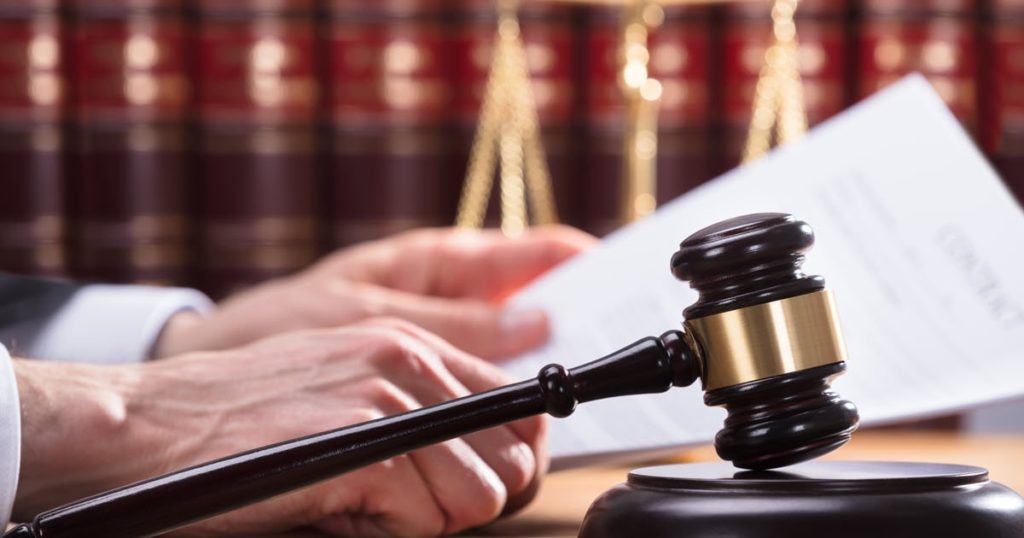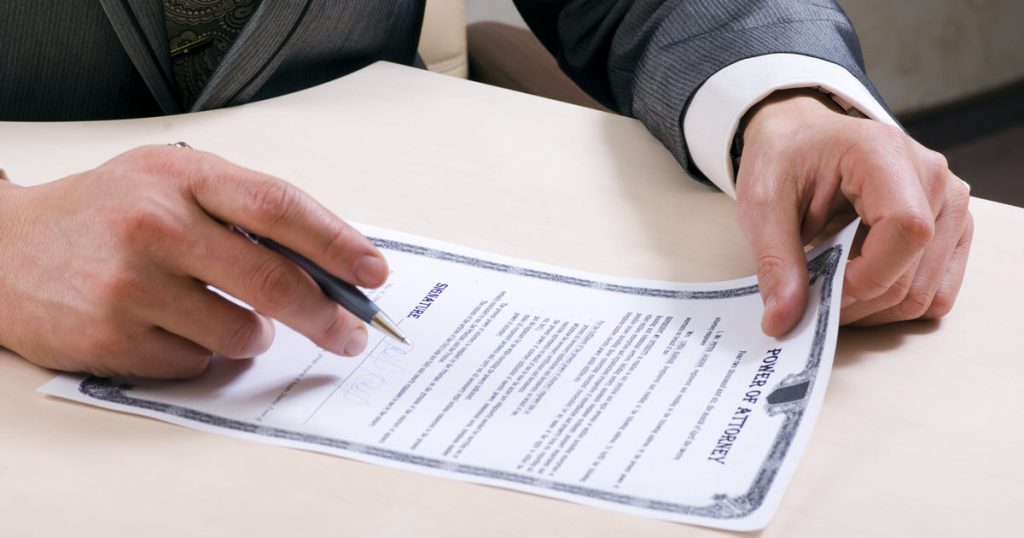News
Why You Need a Will
Everyone knows of someone who has been involved in a turbulent estate for one reason or another. Yet roughly one half of Australians do not have a valid Will. Dying without a Will is known as dying intestate, and it only causes complications. If you die intestate your estate will be determined by the laws…
Read MoreWhat is Probate and Letters of Administration?
When someone passes away in most cases an application must be made to the Supreme Court (“Court”) so that the deceased’s property can be dealt with appropriately. What is Probate? Probate is the process of applying to the Court to validate and prove a deceased person’s Will whereby you present to the Court the…
Read MoreWhat are Enduring Powers of Attorney, Enduring Powers of Guardianship, Advance Health Directives
Enduring Power of Attorney (EPA) Everybody owns some form of asset whether it is real estate, a bank account, a motor vehicle, shareholdings, etc. So, what would happen to your assets if: You are outside of Australia, on holiday or business for example, and an issue related to your financial affairs arises? You suddenly lose…
Read MoreSuperannuation and Your Estate
For most, superannuation is one of their largest assets. A person’s superannuation account usually comprises of their member (employment/sacrificed) contributions and policy benefits (such as death benefits). However, what most people do not realise is that death benefits and superannuation accounts may not form part of a deceased’s estate. Therefore, that money may not be…
Read MoreClaiming Against a Deceased Estate
Under the Australian legal system, people are free to decide how they wish to distribute their assets upon their death. Such decisions should always be confirmed within a Will. Where a person has not made a Will during their lifetime then, upon their death, the distribution of their assets will be determined by the laws…
Read MoreHow To Contest a Grant of Probate?
I do not believe the Will is valid. How may I stop Probate? In probate proceedings, you may be able to file a caveat on probate, administration or resealing at the Supreme Court of Western Australia (the “Court”). Once a caveat on probate, administration or resealing is successfully filed, the caveat will prevent an intending…
Read MoreWhen to Fight a Traffic Offence in Court: Legal Process For Driving Offences
While not every traffic offence requires the recipient to go to court, if a charge is brought against you and you are convicted at trial after entering a plea of guilty or after being found guilty, the penalties can be severe. It’s important that you make it a priority to speak to a local team…
Read MoreHow a Child’s Wishes Are Weighed Against the Child’s Best Interests in Parenting Orders
The one question all parents ask themselves when separating or going through a divorce is, ‘Who will my child (or children) end up living with?’ It’s a complex issue that can require a ruling from the Family Court in the form of parenting orders. The Court’s main responsibility when issuing such an order is to…
Read MoreNotarial Services: When To Engage a Notary Public
A notary public, also known as a public notary or simply, a notary, is often a practising solicitor appointed by a State or Territory Supreme Court and given statutory powers. Their role is to perform a wide range of administrative functions, including preparing, witnessing, administering, certifying or notarising originals and copies of legal documents for…
Read More








